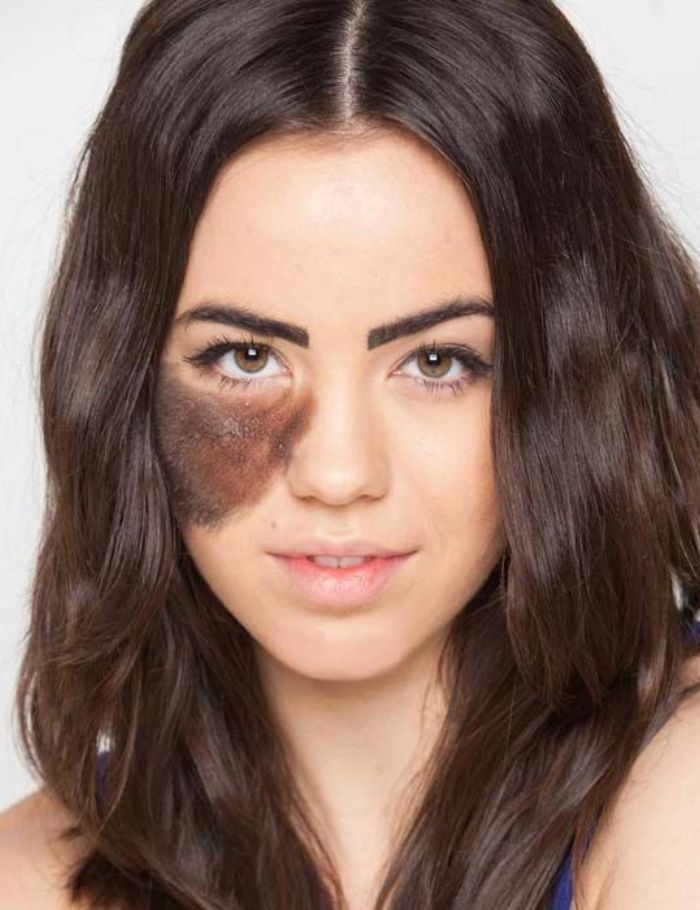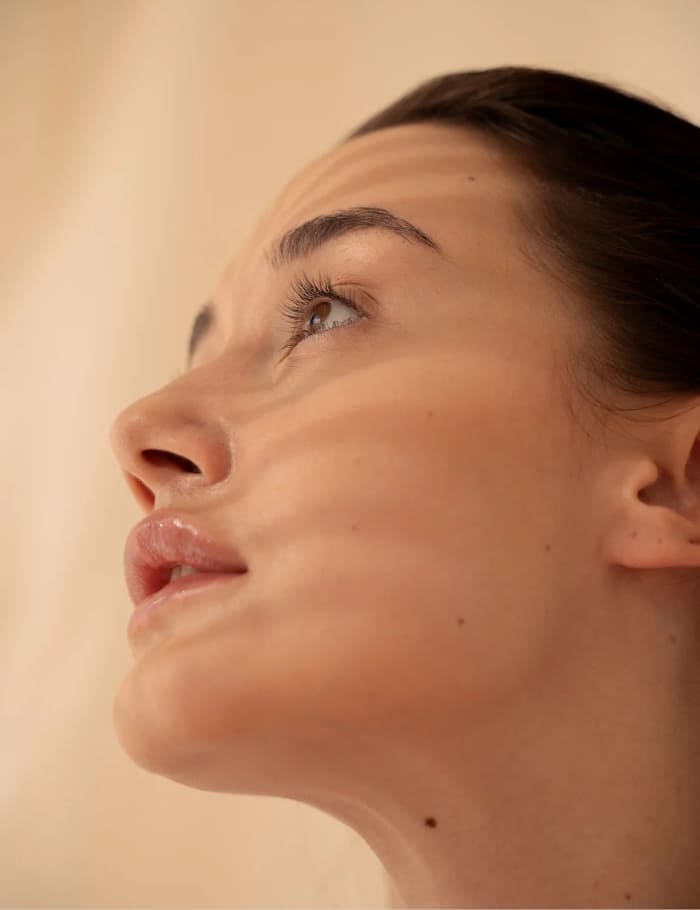Scars Treatment
Scars are a natural mark left on the body after a wound or injury has healed.
Scars are the body’s natural repair mechanism and are essentially parenchymatous cells with collagen deposited in the wound area to allow healing and closure of the skin.
Scars can result from injury, trauma, infections, or burns that break the skin's continuity and require healing. The deeper the injury, the greater the chances of scar formation.






